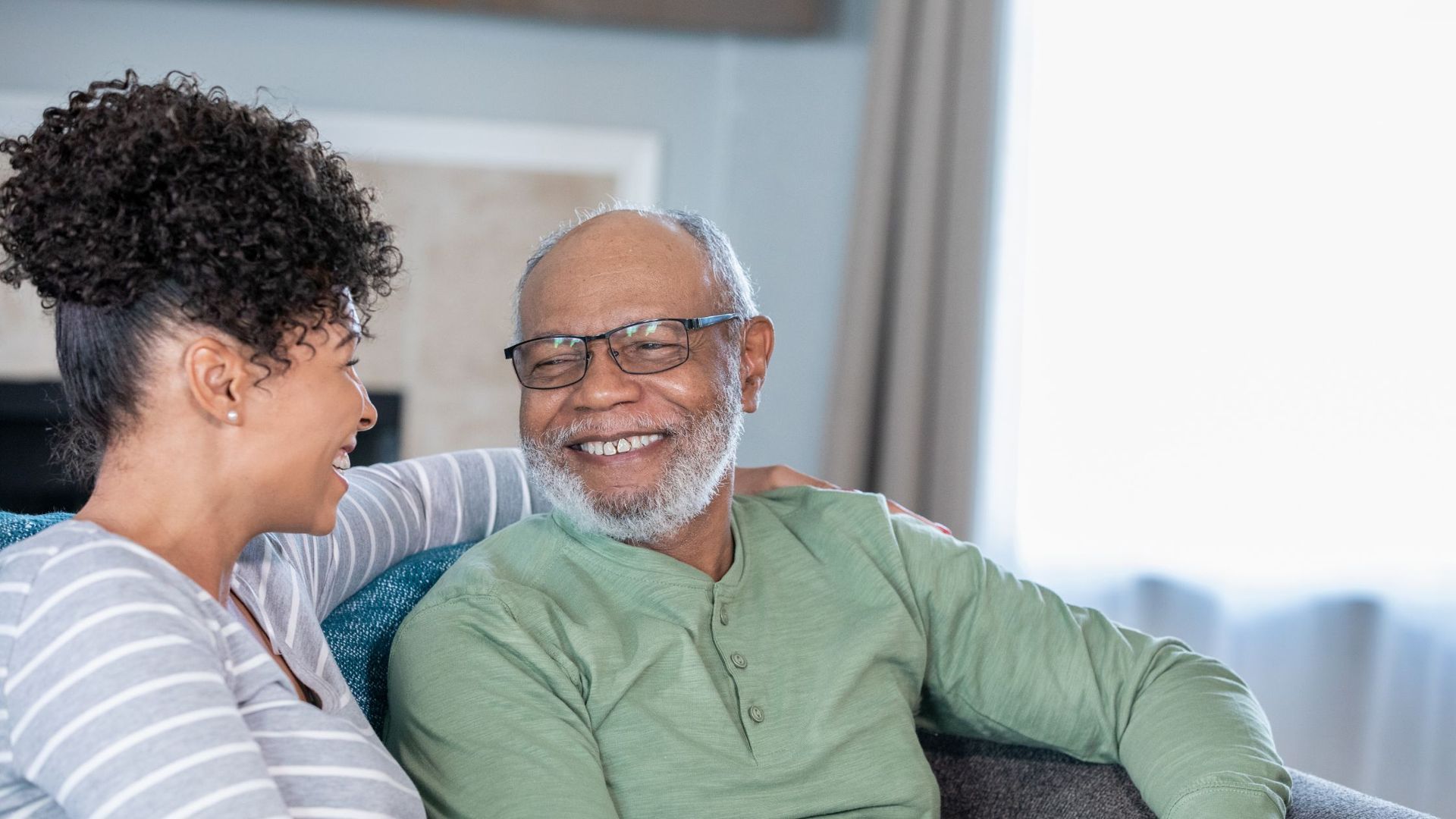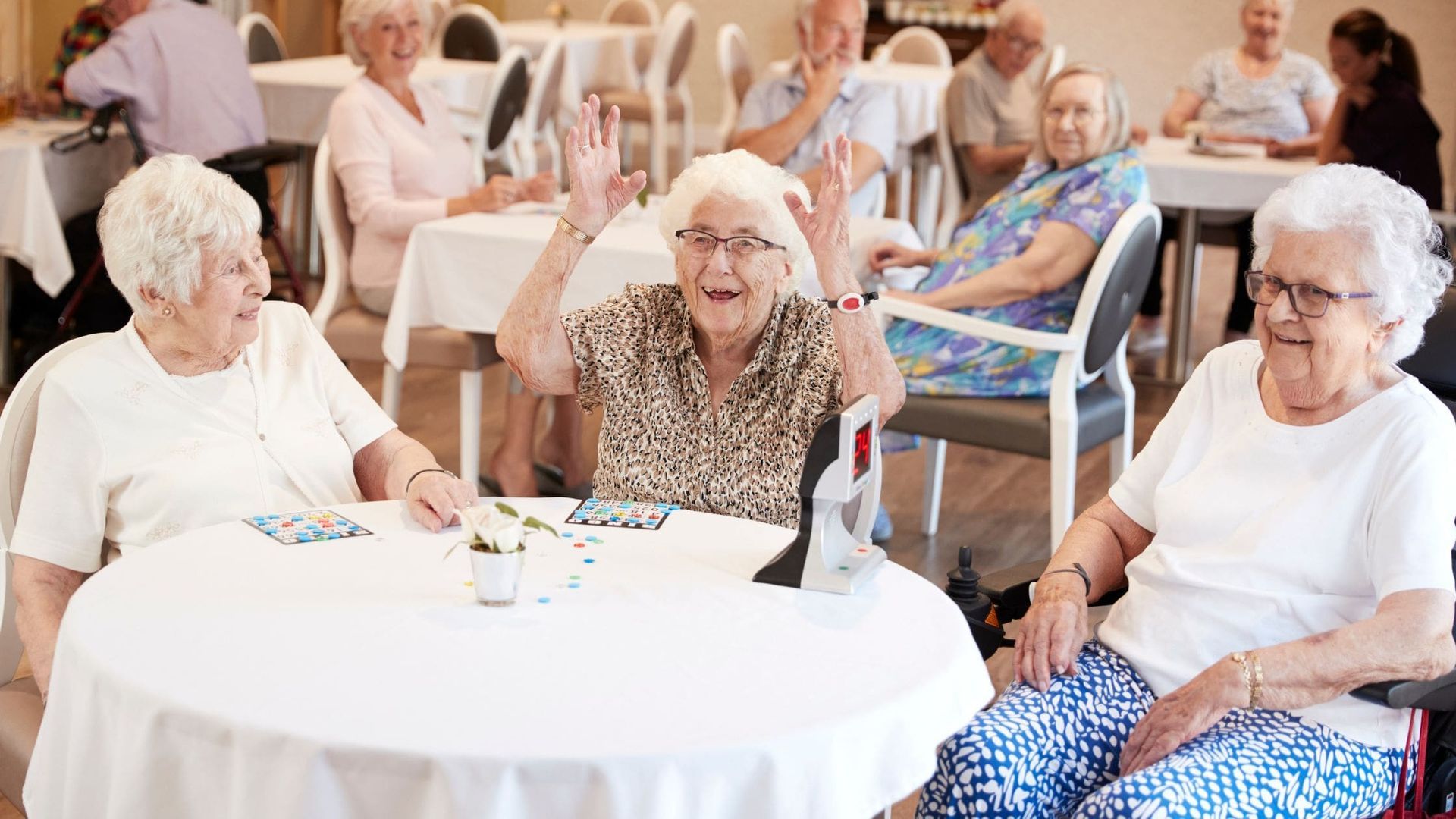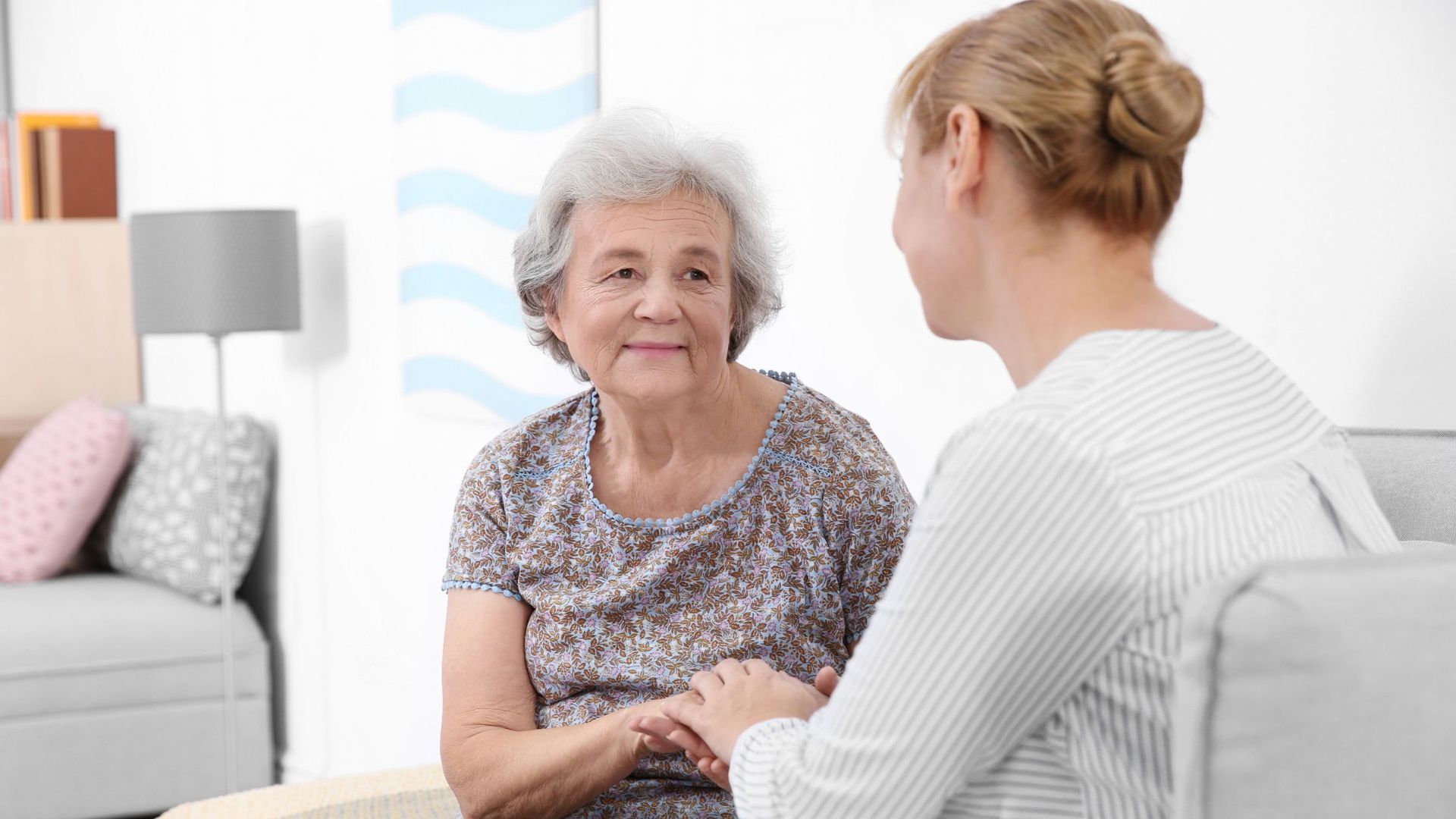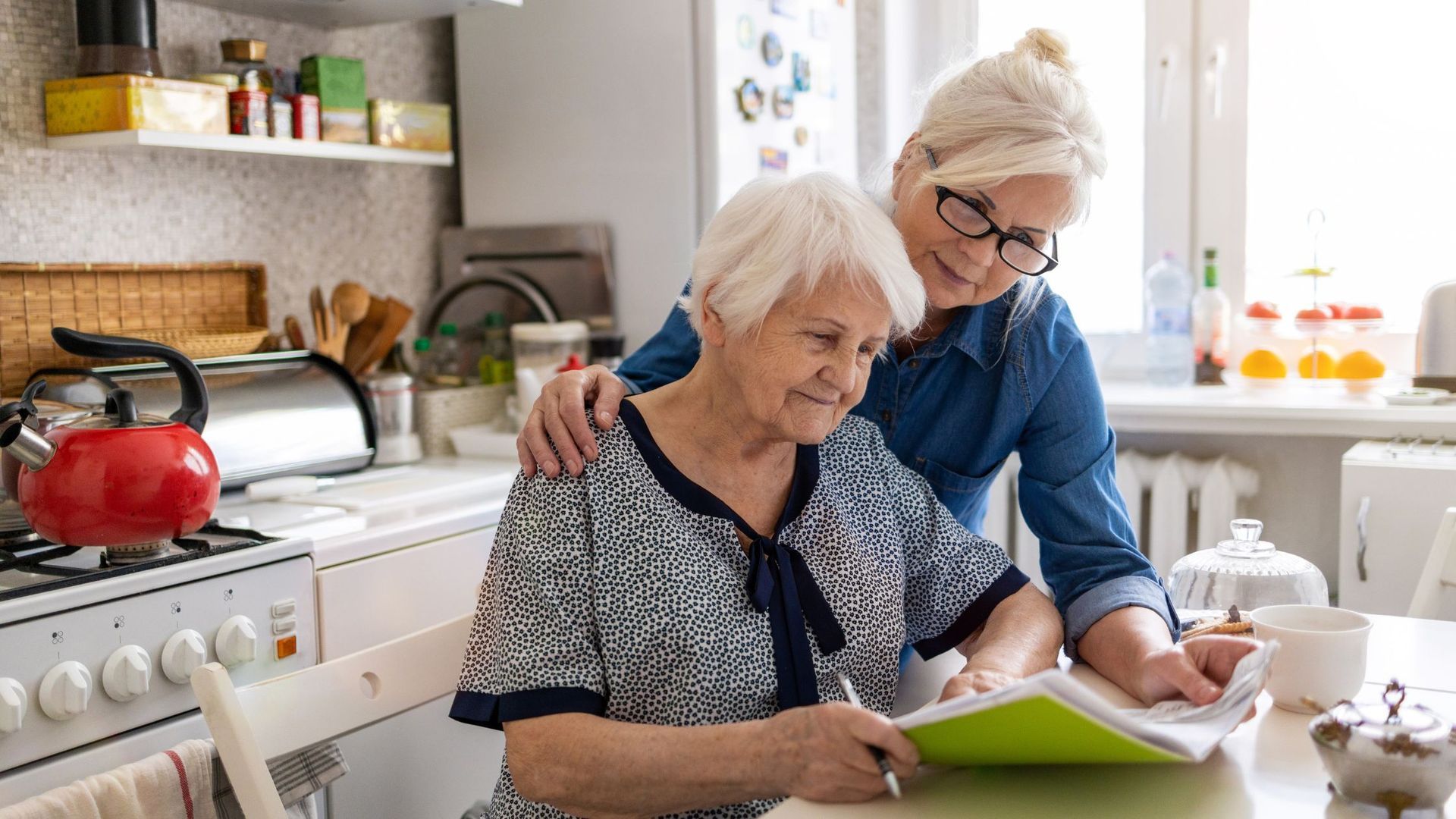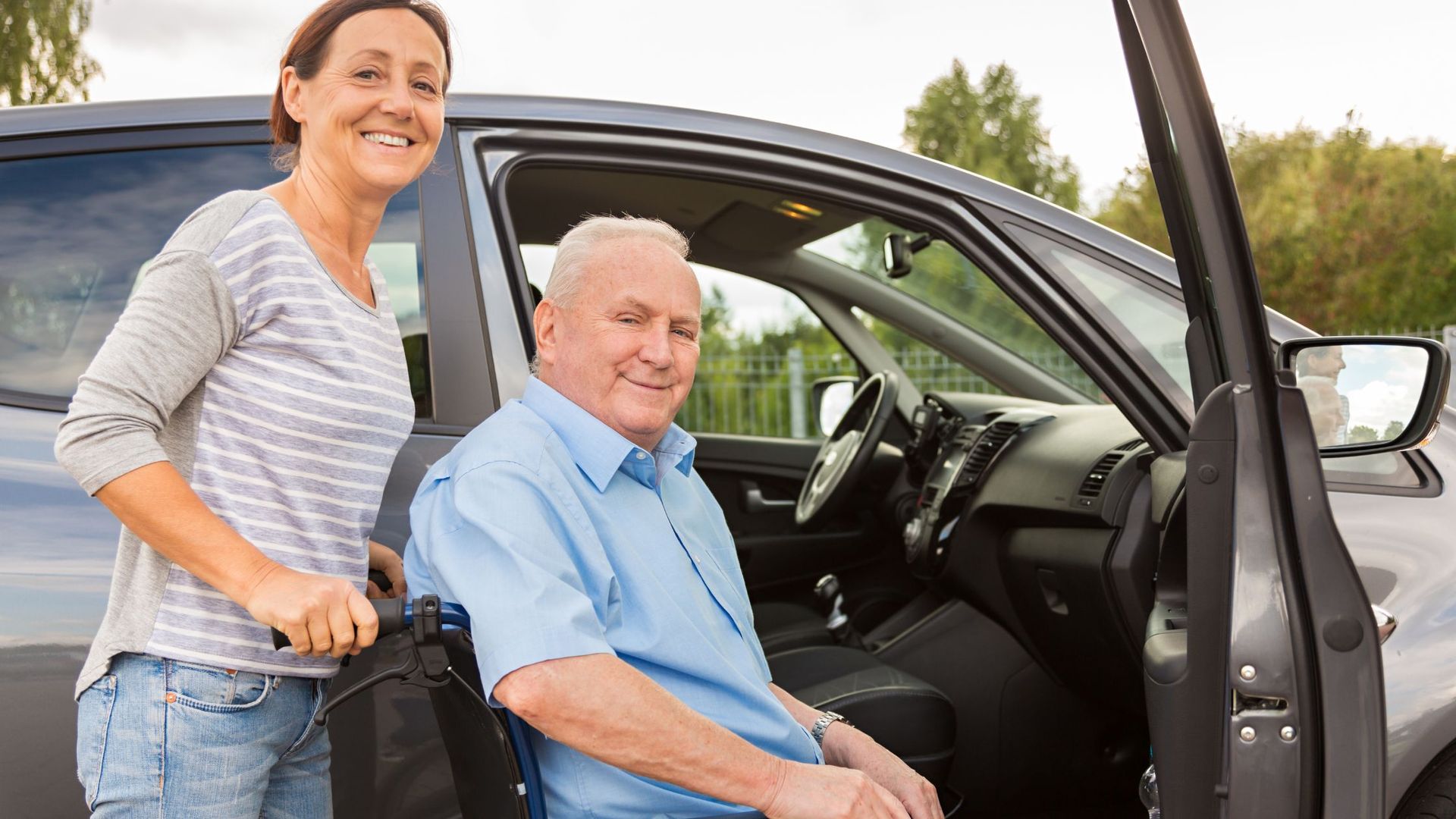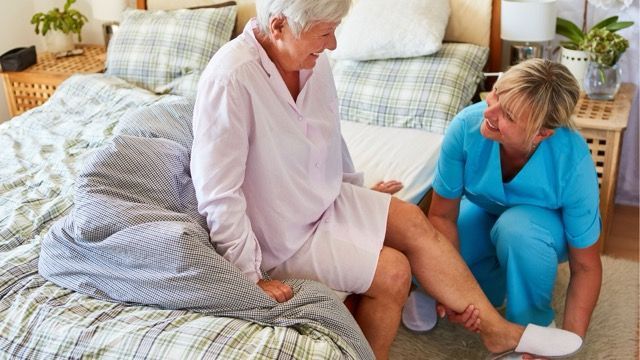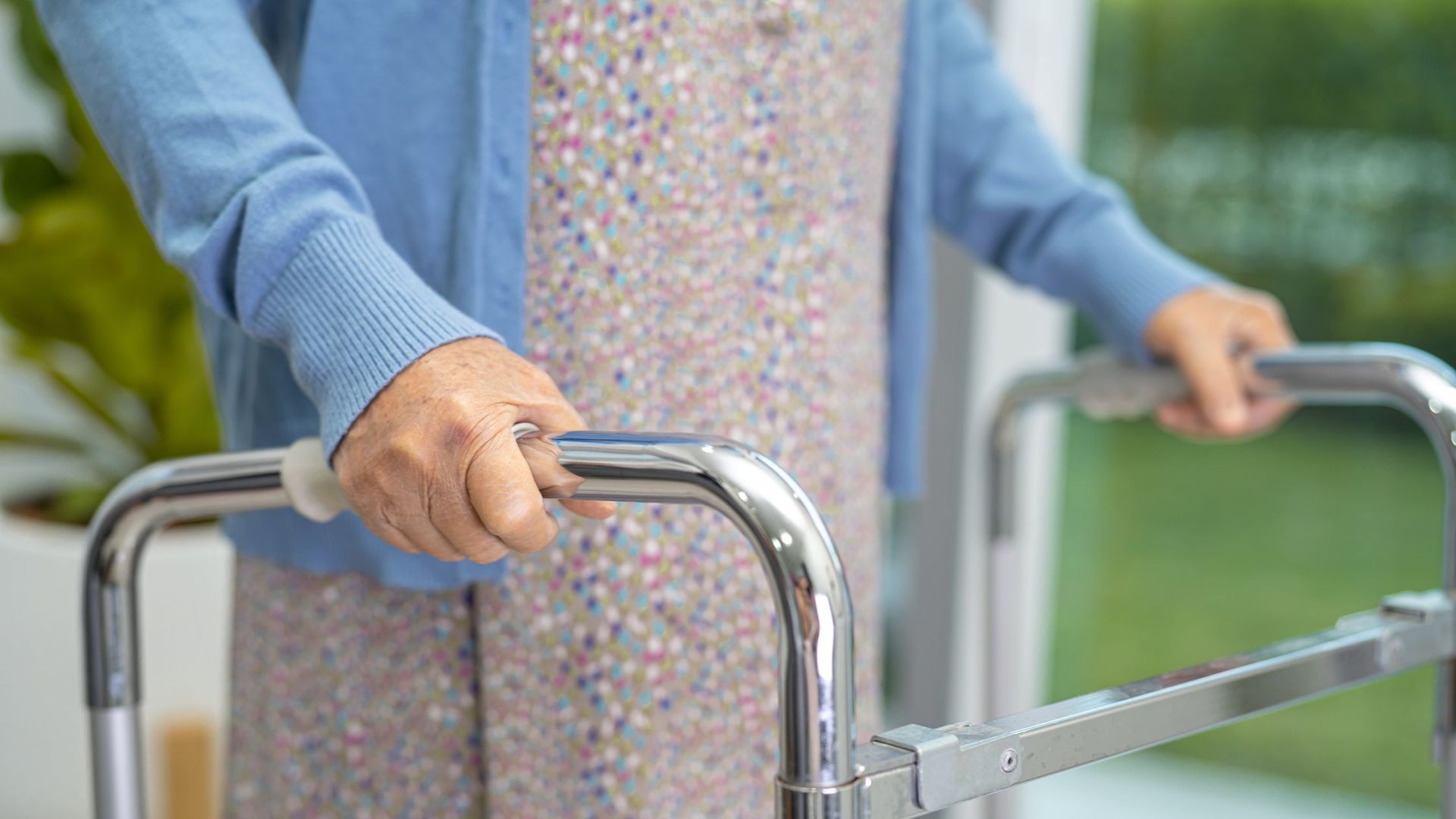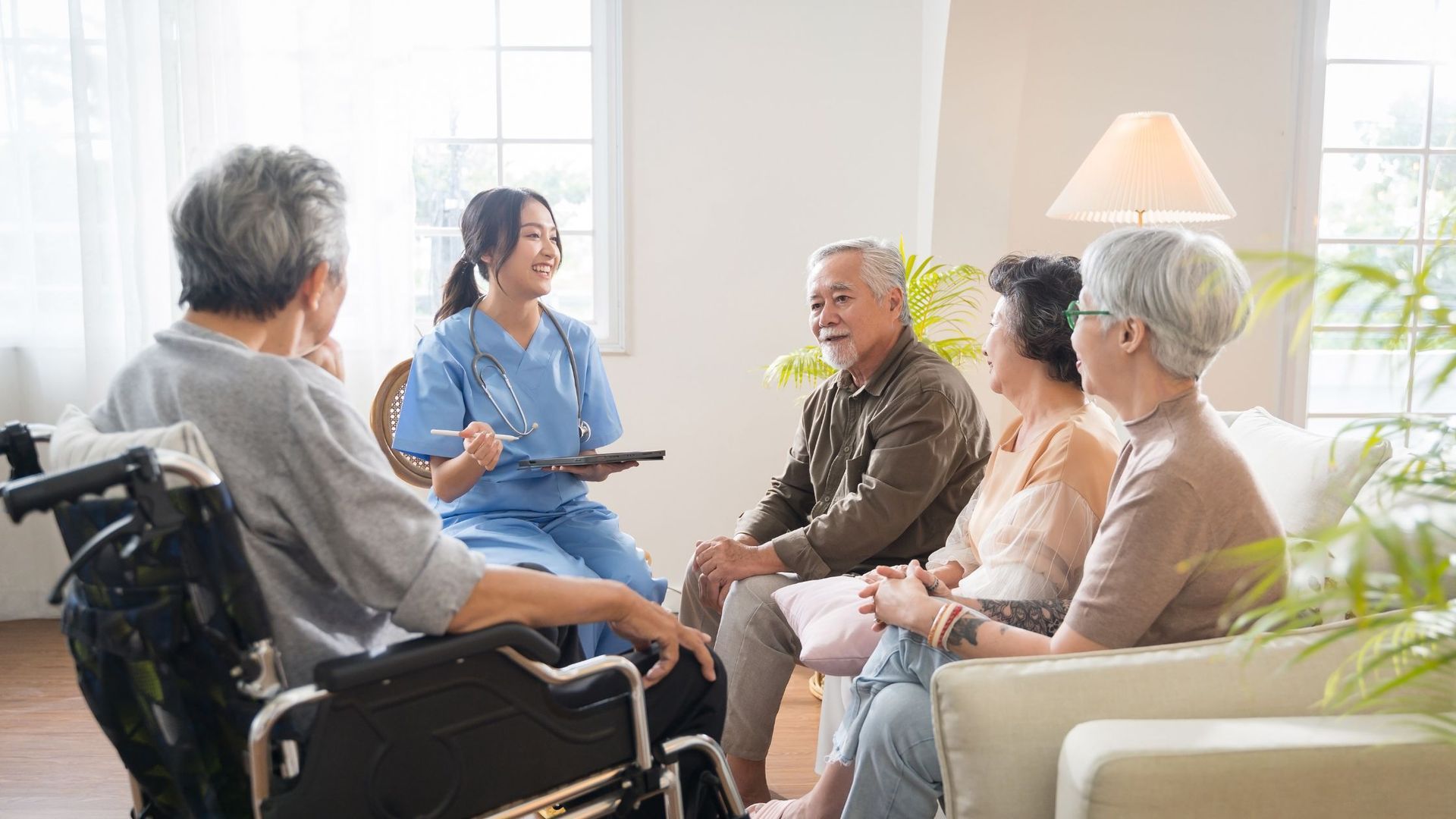Home Health Care Safety: Protecting Your Loved Ones
Home Health Care Safety: Protecting Your Loved Ones
When it comes to caring for our elderly loved ones, home health care safety isn't just about preventing accidents—it's about preserving dignity, independence, and quality of life. It's about creating a space where they can feel secure, comfortable, and still very much themselves.
Why Safety Matters
Remember how your parents used to worry about your every move? Now, the roles are reversed. But this isn't about taking away their independence—it's about supporting it. Falls aren't just physical injuries; they can shake a parent's confidence and potentially trigger a rapid decline in both physical and mental health.
Think of home safety as an act of love. It's about creating an environment that says, "I respect you, I care about you, and I want you to feel confident and comfortable."
Practical Steps for Keeping Them Safe
Make Space for Movement
Navigating a home with limited mobility can present unexpected challenges. Clear those pathways! Remove throw rugs, tidy up those electrical cords, and create wide, welcoming spaces. If possible, consider moving their bedroom to the first floor to reduce the risk of falls.
Transform the Bathroom into a Safe Haven
Bathrooms can be one of the most challenging rooms to navigate for aging family members. Add grab bars, non-slip mats, and consider a shower chair if mobility or balance are impaired. It may feel a little clinical at first, but the added support will help your parent maintain independence.
Medication Management Made Simple
Medication can be confusing and overwhelming requiring precise daily timing and tracking whether to take prescriptions with meals or on an empty stomach. Pin a cheat-sheet to your fridge or bathroom mirror, use daily or weekly pill organizers with clear labels, set smartphone reminders, and create a system that feels supportive, not restrictive.
Improve Household Lighting
An often overlooked safety measure, good lighting isn't just practical, it’s critical. Bright, even lighting throughout the home illuminates potential tripping hazards. Use nightlights where needed to reduce disorientation and prevent falls at night.
Create a Calm, Recognizable Environment
For loved ones experiencing cognitive changes, familiarity is key. Use labels, keep things tidy, and secure potentially dangerous items. The goal is to create a space that feels like home but reduces physical and visual clutter.
Beyond Home Health Care Safety
Safety at home is about more than preventing accidents. It's about creating an environment where your loved one can still feel like themselves. Where they can enjoy their hobbies, spend time with family, and maintain a sense of dignity and purpose.
A safe home gives you peace of mind. Instead of worrying, you can focus on quality time with your family.
You're Not Alone
Every family's home-care journey is unique, and qualified care professionals are there to help. Whether you need advice on home health care safety like mobility modifications, help with care plans and medication management, or just a compassionate ear, we're here for you.
Wondering if your loved one’s home is safe enough? No Place Like Home offers a
FREE in-home safety assessment with one of our senior care experts. Let's chat about creating a safe, loving environment for your loved one!
Contact Irene at No Place Like Home Senior Services
Phone: 919-762-0035
